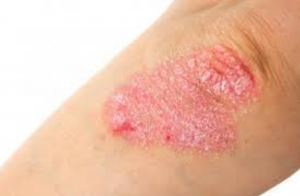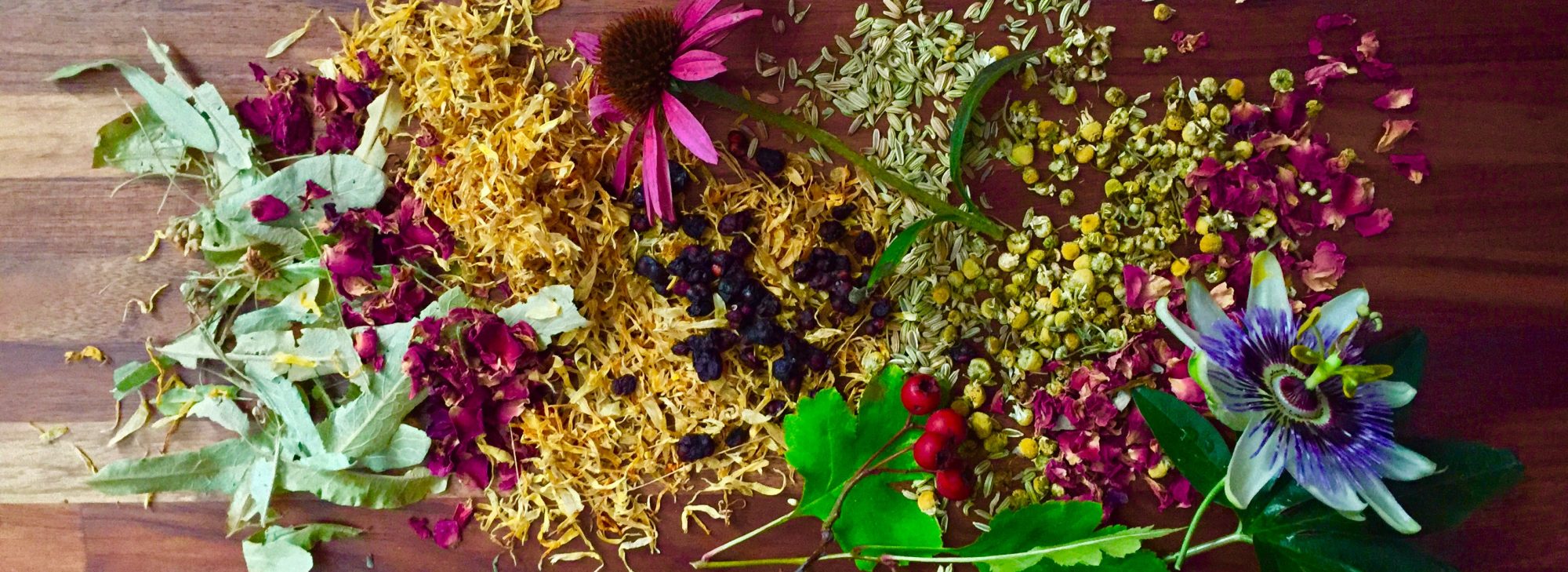
Following on from my Facebook post, some more info about psoriasis: Psoriasis is a skin condition thought to affect up to 3% of people in the UK. It's characterised by red, flaky "plaques" of skin covered by whitish-silverish scales and is most often found on knees, elbows and scalp but can manifest anywhere on the body, including the nails, genitals and the soles of the feet. Your skin renews itself in a cycle of about 21-28 days but in psoriasis this is greatly sped up over just a few days. There are other types of psoriasis, including guttate (small “droplet” patches over the body) and pustular.
Psoriasis is an autoimmune disorder which occurs when the body's immune system gets confused and starts fighting against itself instead of foreign invaders. It tends to start either during the teens or early 20’s or in a person’s 50-60’s. Sometimes it runs in families. It can be extremely itchy, and as the skin is so thin in psoriasis plaques, it’s very easy to make it bleed – once scratched or knocked it can be very sore. Sufferers can often feel quite low as misinformed people may treat them differently in case they “catch” it. You can’t catch psoriasis! It can also be quite embarrassing as the skin is shed so quickly that flakes are left behind. A small percentage of psoriasis sufferers go on to develop psoriatic arthritis which causes joint pain or pain where the tendons join to the bone. At present there is no known cure for psoriasis, but many people find it can come and go in flare-ups, especially during particularly stressful periods of their lives (my psoriasis started when I was doing my A-Levels and my psoriatic arthritis a couple of years later during my first degree. Thanks for that..!)
There are treatments – usually the GP starts by prescribing topical (directly on to the skin) treatments based on Vitamin D, steroids, strong moisturisers called emollients, and coal tar. In more severe cases, a dermatologist may prescribe ultraviolet light therapy (some sufferers find their skin improves in the sun), “disease modifying” medications such as methotrexate or cyclosporine, or “biologics” which act on the immune system. More info can be found from the Psoriasis Association
If you decide to see a medical herbalist about your psoriasis, as always, a full medical history will be taken. We’ll discuss whether you find certain factors make it worse, such as diet, alcohol intake, stress or trauma. Nutrition is an important factor, and we talk about adding supplements if required such as fish oils or probiotics. When it comes to the herbs we use a multi-pronged attack as always, using anti-inflammatory herbs for your skin (and joints), herbs to support the removal of waste products from the body so they don’t accumulate and aggravate your skin, and herbs to support you emotionally and manage any stress or anxiety you might be experiencing. We can also provide a soothing cream to aid healing, stop itching and prevent infection. If you’ve either tried everything and nothing has worked, or you’ve just been diagnosed and don’t want to use prescription medication then you can find your nearest herbalist on the National Institute of Medical Herbalists website.

